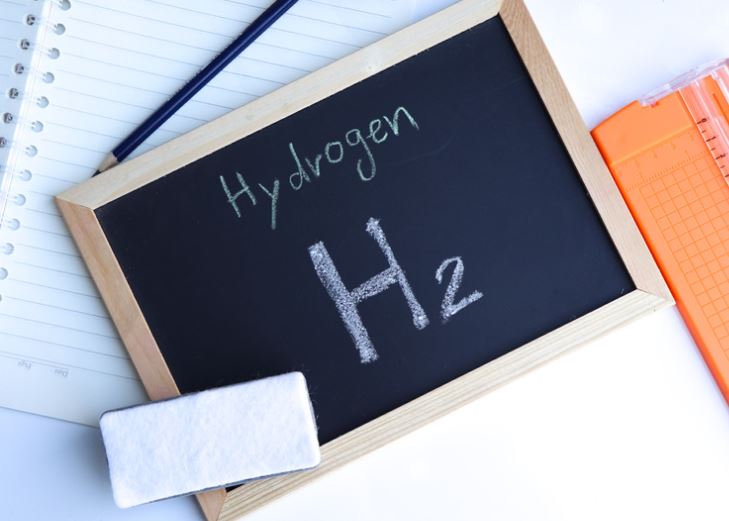In a recent patent filing dated August 7, 2024, Catagen introduced a system for producing hydrogen from water using a thermochemical cycle, specifically the sulfur-iodine cycle.
The patent outlines a reactor equipped with multiple reaction zones, each designated for carrying out specific reactions integral to the thermochemical cycle. Unique to this system is the interconnected fluid circuit that links the reaction zones. This design allows reaction products from one zone to be redirected as reactants for another, ensuring minimal waste and maximized use of resources. Additionally, the generated heat in various reaction zones is repurposed within the system, contributing to overall energy efficiency.
One of the standout features of this patented system is its emphasis on recycling. By recirculating fluids and utilizing reaction products and heat from downstream zones for upstream processes, the efficiency of both reactant usage and energy consumption is significantly improved. This innovative approach addresses some of the common inefficiencies observed in traditional hydrogen production methods.
The potential applications for this technology are vast. Primarily, it can be employed in industrial settings aiming to produce hydrogen on a large scale. Its efficient use of resources and energy makes it a viable option for companies looking to reduce operational costs while embracing more sustainable practices. Furthermore, this system aligns well with global efforts to transition towards cleaner energy sources, potentially aiding in reducing carbon footprints and reliance on fossil fuels.
From a market perspective, Catagen’s patented system could exert considerable influence. The enhanced efficiency in hydrogen production could position it as a preferable alternative to existing methods, attracting industries focused on reducing waste and improving sustainability. The energy sector, in particular, could benefit from this innovation, as hydrogen is increasingly seen as a key player in the future energy mix.





